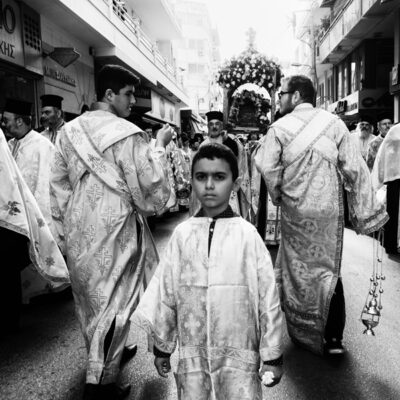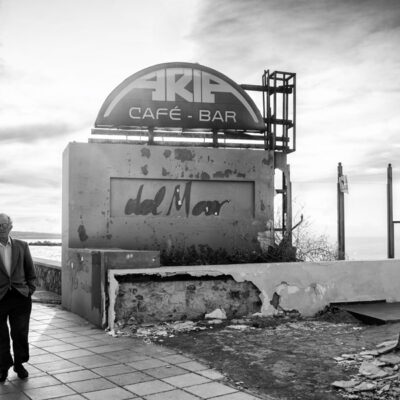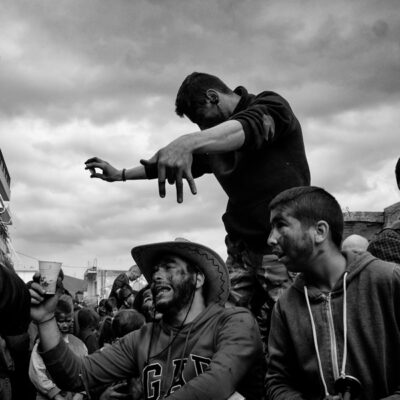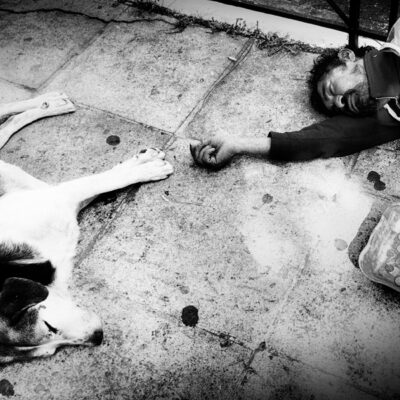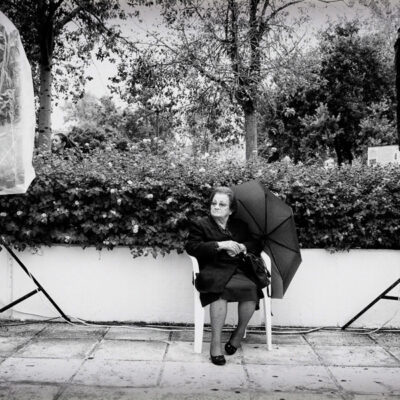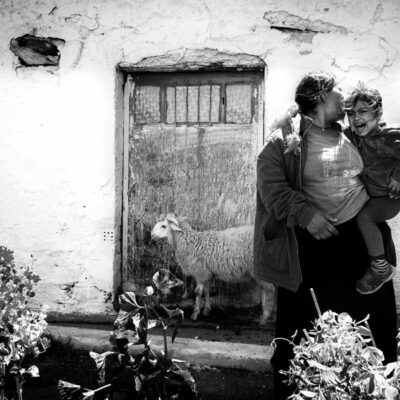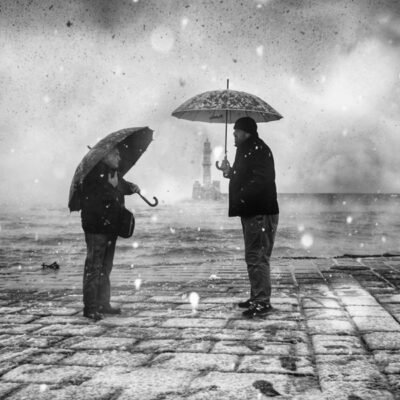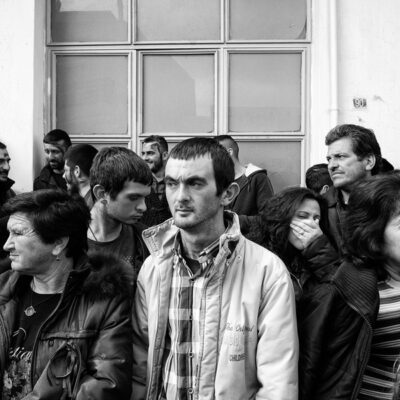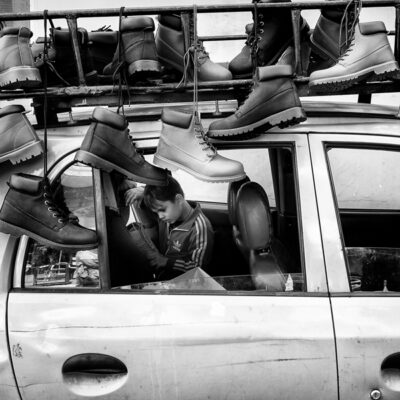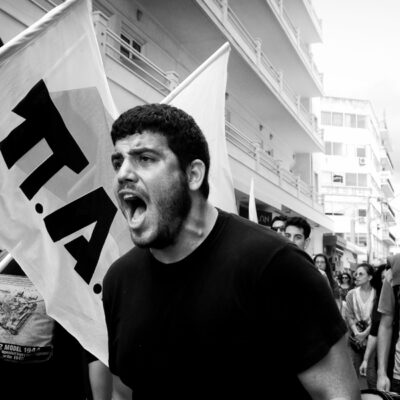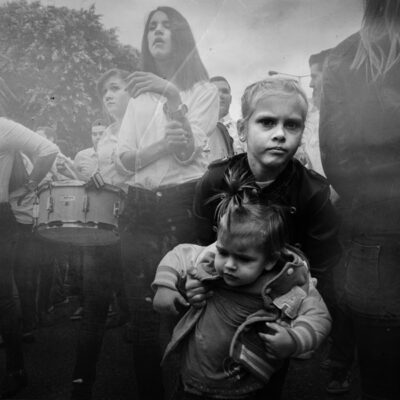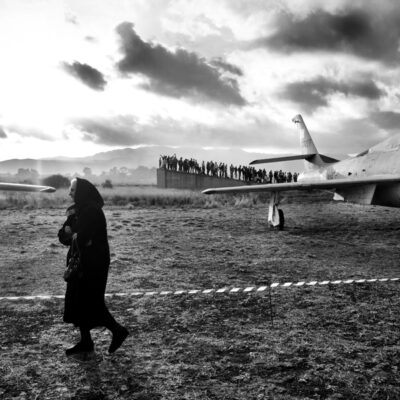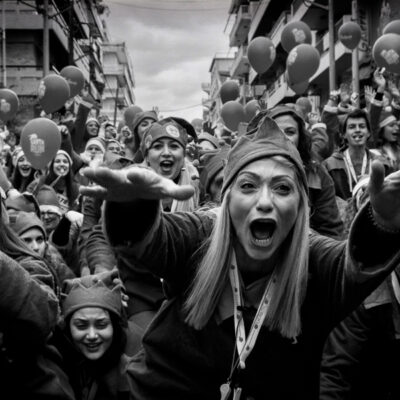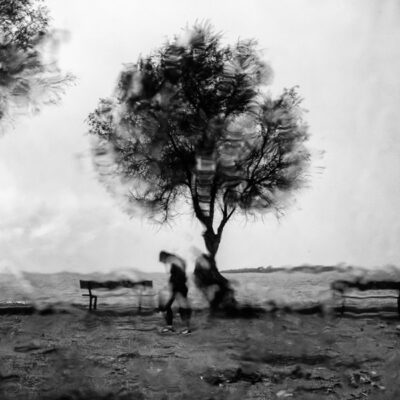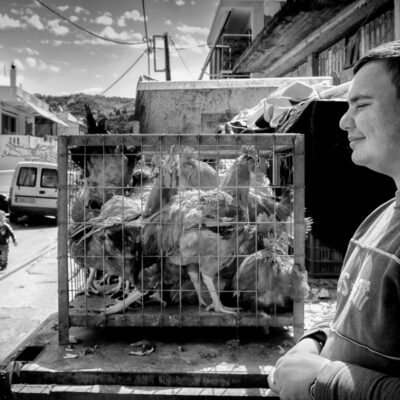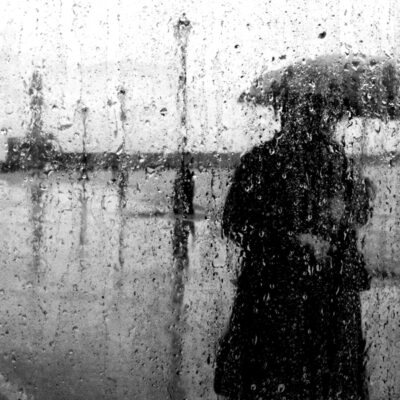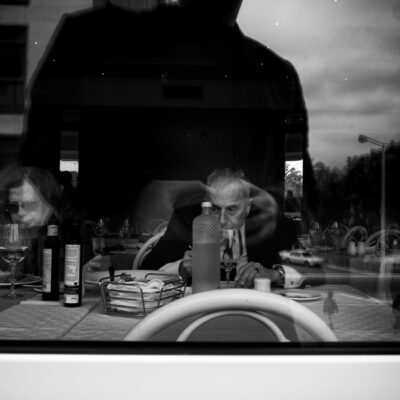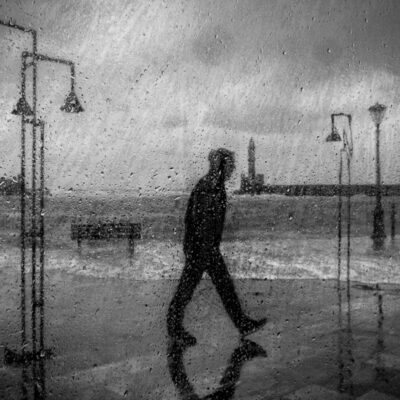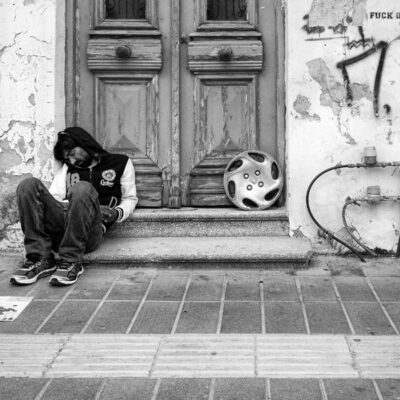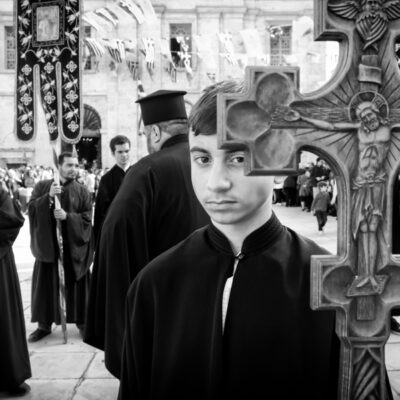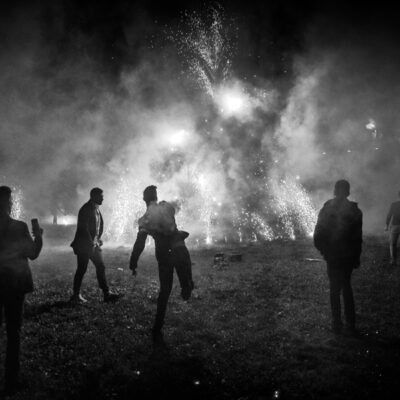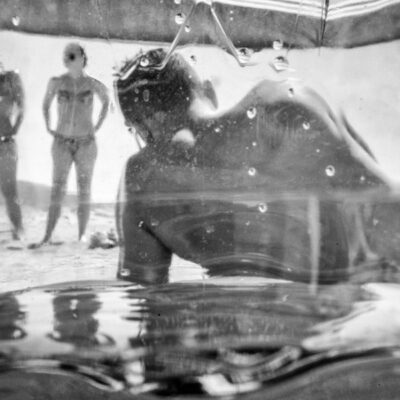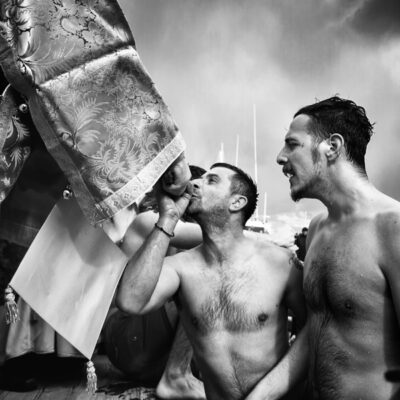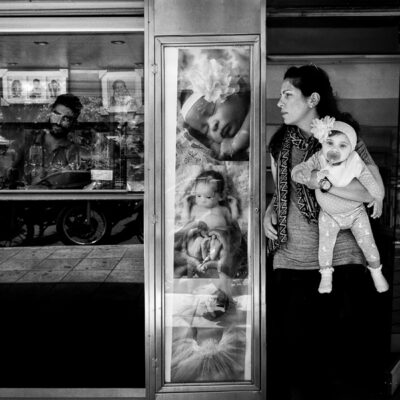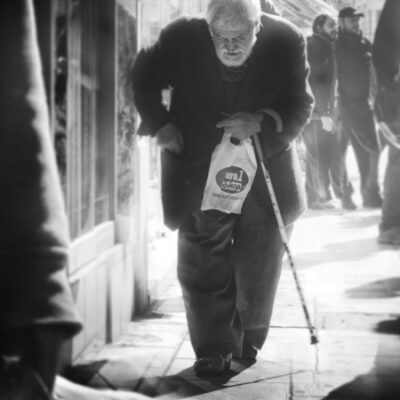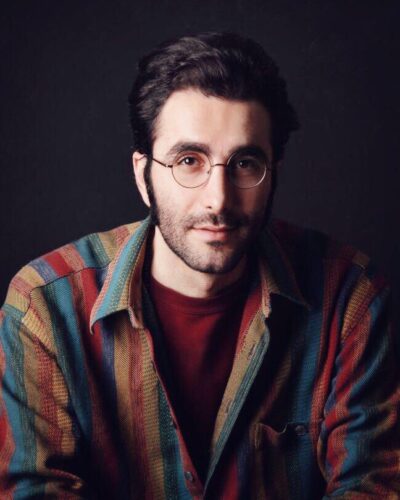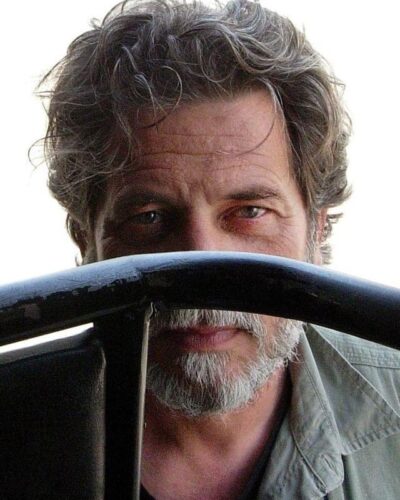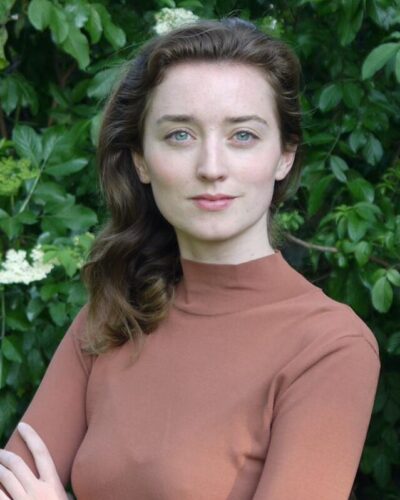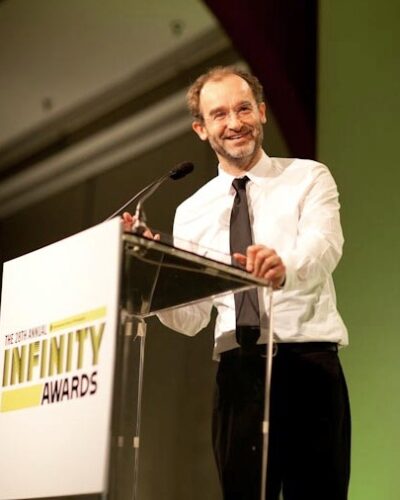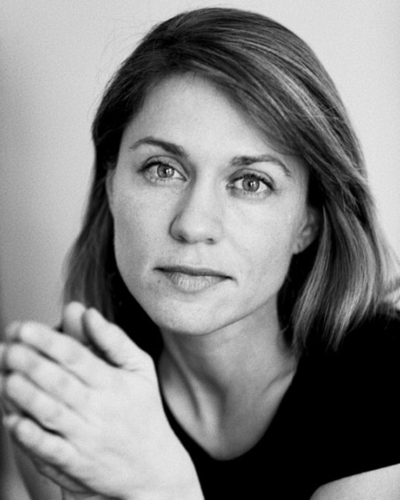Giannis Angelakis is from Chania. He was born in 1979 and has lived most of his life at Chania. He spent some years in England where he did a degree at Cultural and Media Studies at the University of Wolverhampton (BSc) and studied at the Centre for Contemporary Cultural Studies and Sociology at the University of Birmingham. From a very young age he works as a journalist and for the past years he is an official “Fuji-X Photographer”. His work is mainly focused on daily life at the island of Crete as well as covering news stories.
About The Collection
Chania, beyond the tourist fantasy
Crete, in the years of the financial crisis of 2008 became even more depended on the tourism industry. Everything seemed to evolve around tourism because this was the only “industry” that was making money at a time where salaries were collapsing and unemployment was going to the roof. One side effect of this huge dependence of economy from tourism was that life in Chania was somehow reduced to an image that fits the idea of a touristic destination. People in Crete, according to the dominant narrative, are always smiling, dancing, drinking raki and playing music, enjoying the sun and having fun. Positive stereotypes can become negative when seen from another prism and stereotypes of the joyful native can turn into stereotypes about laziness. The constant repetition of similar images of picturesque sunny beaches, glorious sunsets and almost caricaturist portraits of “indigenous people” imprints in the minds of visitors that this is really Crete. It casts a shadow to everything else that doesn’t serve the dominant narrative and forces people to comply and adjust to the collective fantasy that move the wheels of economy. In a global level, people are more and more location independent. Just before the coronavirus epidemic, we lived in a time of constant travel and flexibility. Travel is not anymore a matter of having a vacation but is more and more becoming a matter of status. New technologies and social media created a market for the abundance of material created, which is dominated by images of places that should be in a “bucket list”. This was a reality that the dominant division was between those “independent” and able to travel who could reach a higher level of consciousness which surpassed national or local boundaries towards an identity of a cosmopolitan citizen and the natives, those who are bound to a place, who can’t work from a distance, who belong in communities and depend from them. My effort is to bring back to the surface some of the richness of life that does not fit the dominant narrative of what a travel destination is.
Here, you will find a combination of photos from everyday life in the town of Chania. It is a peculiar mixture of pictures which seem disconnected but I perceive that they somehow capture the complexity of living in a place like Chania from a quite dark perspective.

